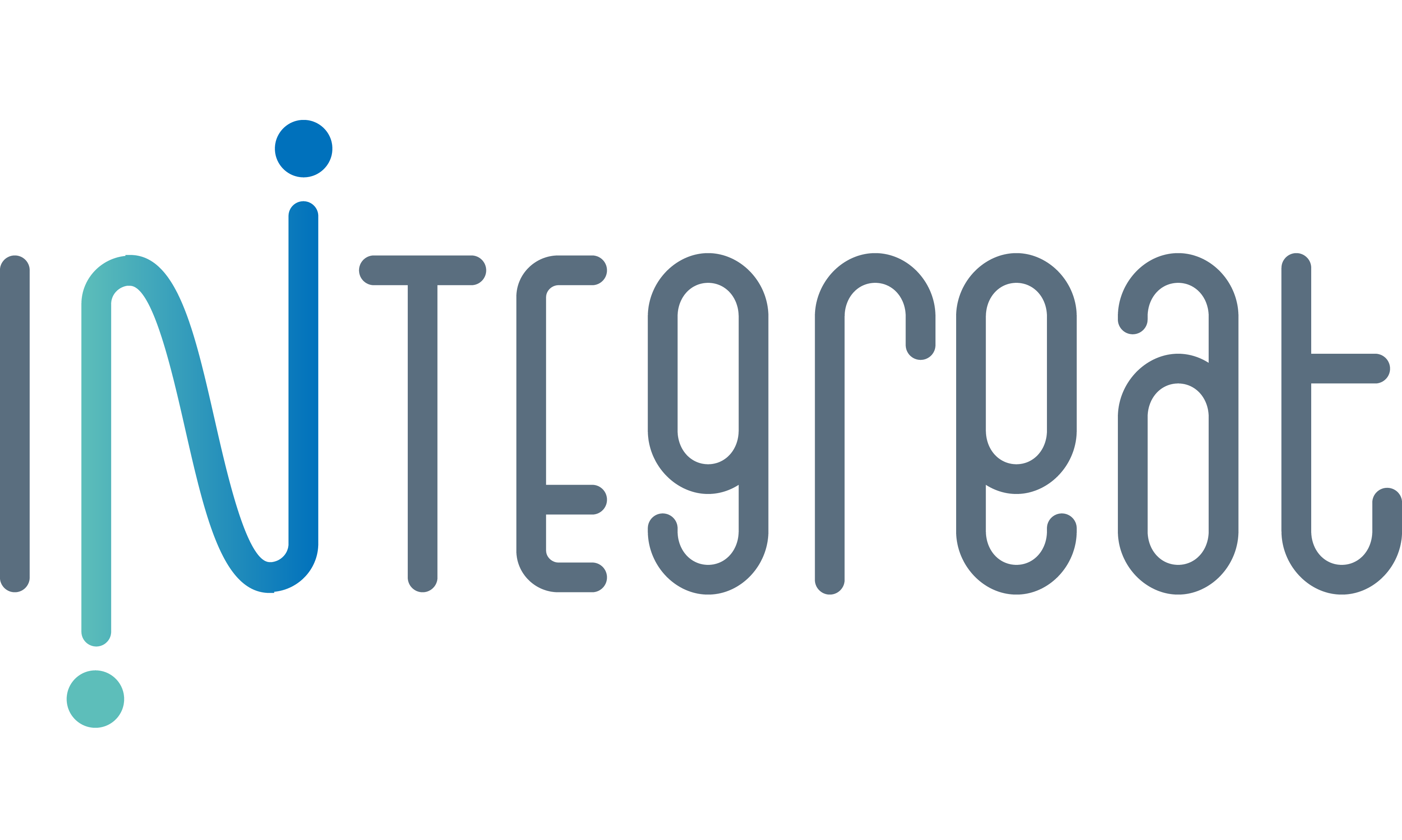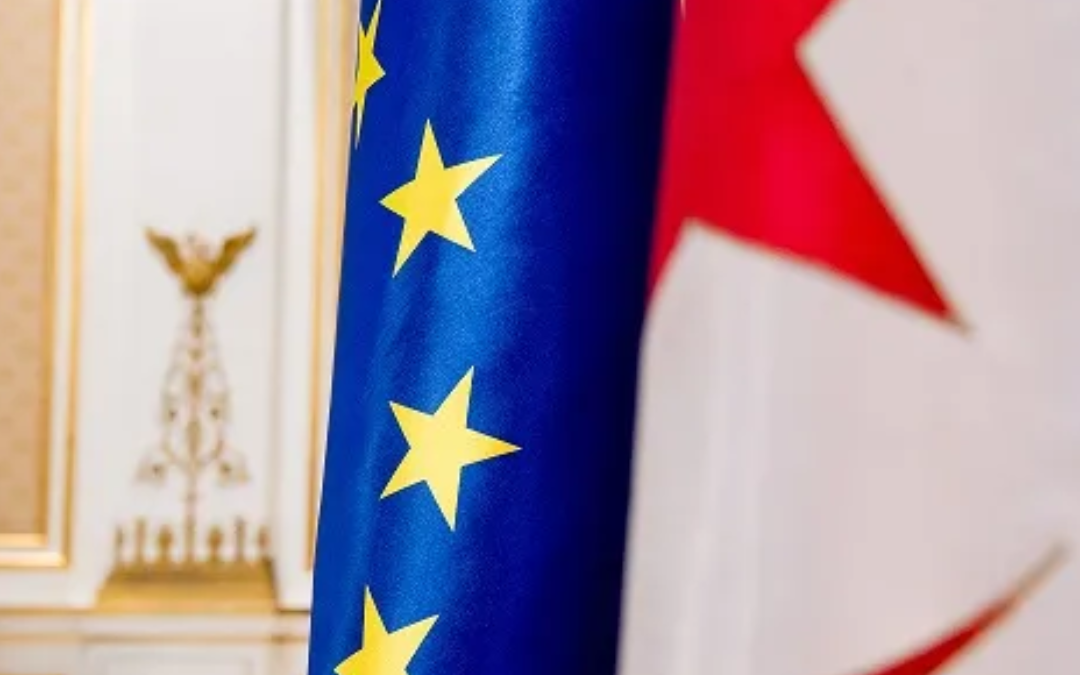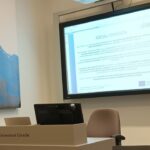Over the last few years, in an attempt to stop the influx of migrants coming from the Middle East and Sub-Saharan Africa, the European Union (EU) has been externalising its border policies through lucrative deals signed with nearby third countries. While these deals may offer short-term solutions to manage migration flows, they also raise ethical, legal, and humanitarian concerns. For instance, these deals have seen the European Commission president, Ursula Von Der Leyen, travel to Tunisia and Morocco, amongst others, to form agreements, and thereby publicly linking the EU with countries which often have very poor human rights records (Human Rights Watch, 2023).
While these deals are very lucrative for the partnering countries, they present significant challenges for the EU. Firstly, they grant leverage to the partnering countries, who can use the threat of allowing migrants to reach EU borders as a political tool. Secondly, and perhaps less visibly, they contribute to a negative perception of migrants within EU member states. By portraying migrants as a threat and emphasising the need to fortify European borders, these deals fuel public anxiety and contribute to the rise of far-right and populist movements such as Vox in Spain, or the RN (old FN) in France.
In this context, creating spaces for intercultural interaction becomes not only desirable but imperative. This is why during the last months, at OCC we have carried out several social cohesion activities organised under the INTEgreat project which aims to improve the integration of migrant and refugee people in European cities. Through a series of cultural workshops, we invited members of our community to share a cultural aspect of their country of origin with the local community. As a result, we learned about Ukrainian Art, Senegalese gastronomy, Bolivian traditional dancing, and discovered meals from all around the world. These activities are essential to counterarguing the negative narrative that the EU deals and the far right are encouraging as they highlight the cultural richness and qualities that migrant people bring to the Catalan and Spanish cultures and create spaces for interaction and intercultural exchanges.
Certainly, intercultural dialogue provides an opportunity to challenge stereotypes, dismantle prejudices, and build bridges across cultural divides. This is why we also developed the “Integration Strategy Framework” which consists of a methodology with guidelines for initiatives aimed at integration in Europe considering four thematic areas (health, employment, training & capacity building, social cohesion).
Furthermore, spaces that encourage reflection and critical thought are essential for navigating the complexities of migration and border management. Such environments enable individuals to challenge assumptions, assess evidence, and consider alternative viewpoints, empowering them to hold their governments and institutions accountable while advocating for more humane and effective migration policies. To counter the populist rhetoric surrounding the externalisation of borders, we’ve implemented activities tailored toward stimulating critical thought.
One such initiative involved screening the documentary “Anatomía de las Fronteras,” which delves into the various borders migrants encounter throughout their journey and in their host countries, followed by a thought-provoking discussion with activist and researcher Viviane Ogou. Another effort involved a theatrical performance by the company No Somos Whoppi Glodberg, where actress Kelly Lua shared her experiences with racism, sexuality, and immigration, encouraging a discussion on structural racism, and identities. These activities serve as powerful tools in dismantling prevailing discourses and promoting deeper understanding and empathy regarding migration issues.
Overall, the externalisation of EU borders highlights the pressing need to prioritise intercultural interaction and critical reflection. By engaging in meaningful dialogue and fostering a culture of critical inquiry, Europeans can reaffirm their commitment to human rights and social justice, demanding their state members to withdraw from such deals and advocate for a more humane approach to migration.




